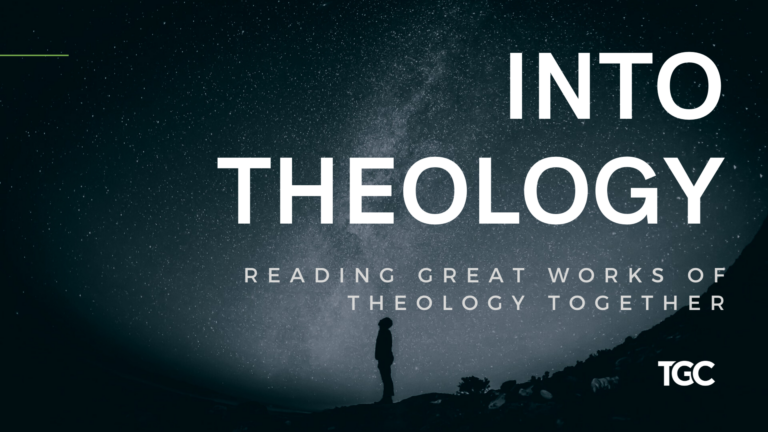In 1643, the English Parliament convened the Westminster Assembly to reform the Church of England’s doctrine, worship, and government. The Assembly produced the Westminster Confession of Faith, the Larger and Shorter Catechisms, and related documents. The majority of divines were Presbyterians, though some episcopal and Congregational leaders took part.
Baptists, however, including the seven Particular Baptist churches in London, were not represented. In 1644, they published their own First London Baptist Confession.
Why were they excluded, and why did they issue their own confession?
The framers of the London Baptist Confession of 1644 tell us plainly. They were commonly branded as Anabaptists—a name that in the 16th- and 17th-century English memory conjured fears of (1) violent revolution, (2) disorderly worship, (3) denial of original sin, and (4) other heterodox teachings. By publishing their confession, the Particular Baptists meant to distinguish themselves from these charges, to affirm their continuity with the Reformed faith, and to set forth their views on baptism and church life.
It worked.
After editing and republishing the confession in 1646, many Baptists were able to enter into public life freely. Yet the future was not simple. And Baptist life had its ups and downs. By 1660, England had restored its monarchy and instituted an Act of Uniformity in 1662, which led to the suppression of Baptist life once again. And so Baptists again in 1677 published another confession, The Second London Baptist Confession. It would be re-released in 1689.
These two confessions, along with the General Baptist Confession of 1679 (“The Orthodox Creed”), comprise some of the most important documents for understanding the theology and practice of early English Baptists. For that reason, Drs. Wyatt Graham and Jon Cleland will podcast through:
- The 1646 revision of the 1644 London Baptist Confession
- The 1679 confession known as the Orthodox Creed
- The 1689 revision of the 1677 Second London Baptist Confession
Our goal is to help Baptists understand their heritage and to demonstrate how early Baptists saw themselves as a renewal movement within Protestantism.
Join us, whether you are a Baptist or simply want to understand how Baptists fit into the larger Protestant movement.
How to listen? Subscribe to our YouTube channel here. You can also listen on Spotify, Apple, or wherever you listen to podcasts. Just search for “Into Theology.”








